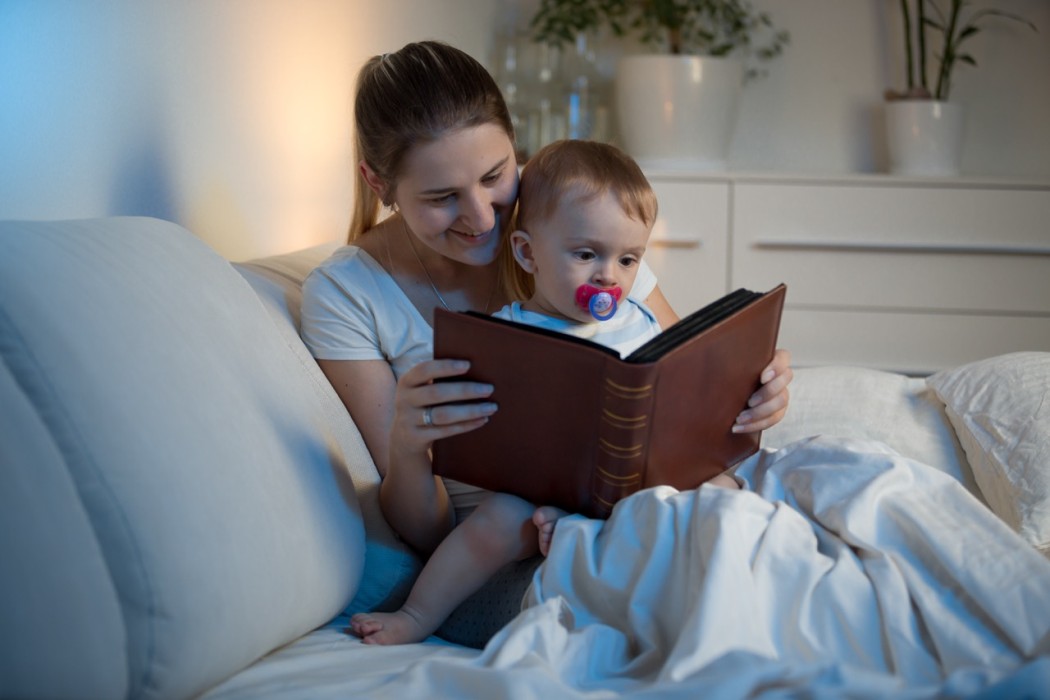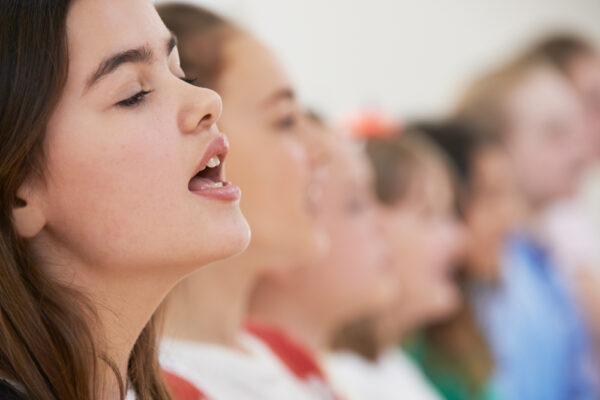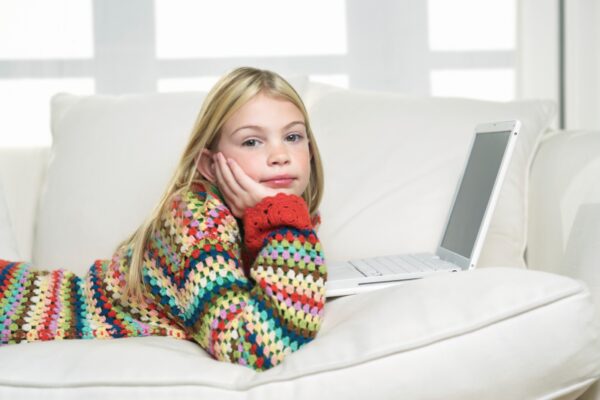When I grew up, I loved visiting my grandparents’ place. Often it was only my grandmother and I because my granddad worked and travelled a lot. Very often we sat on the couch, me cuddling up to her, while she read fairytales for me over and over again.
Her special favorite was “The Little Matchgirl” by Hans Christian Andersen, which I loved tremendously.
Looking at Denmark and how we use literature as a way to connect with our children and build up strong and healthy children, it is clear that there is no point in making literature some sort of Wonderland, where everybody behaves rationally and well – where parents are always responsible for their children and always cheerful and happy.
We know it´s not even close to reality at all and doesn´t reflect life in any way. And this is yet another reason why Denmark is constantly among the happiest countries in the world, not to mention the most peaceful.
Danes know about teaching children to feel deeply and react accordingly. We know that the challenges and downs of life won´t topple us, and that´s seen in our literature as well.
That was something world famous Danish author Hans Christian Andersen was a master of. He could bring difficult and painful topics into every home around the world. His writing could – and still can – touch both children and adults. This is the effect he had on my grandmother and me.
I believe that being authentic and truthful to ourselves makes us more able to give and receive. Today it is ok to talk about difficult issues. Somehow it is expected – at least if you live in Denmark, and there are so many wonderful and heartbreaking books for children, which reflect life in a truthful way. Stories about the struggles of life do really help foster resilient and happy children. They make children understand the whole spectrum of life.
I have been asked to recommend some titles about difficult topics. Some of them are close to my heart, and others I have from you. My advice is to read the book before reading it for your children, just to make sure they are ready. There are some suggestions for different ages.
Here you go – no matter what, they can all open up for honest and important conversations:
• Gobbolino The Witch’s Cat by Ursula Moray Williams (A book of acceptance)
• The Magic Mirror by Lone Wolsing Mølle (A story of empathy)
• A Monster Calls by Patrick Ness (My teenager loves this book – a book of illness and death)
• The Brothers Lionheart by Astrid Lindgren (One of my all-time favorites – I read it for my children when they were about 6 years old and again a while ago, now as teenagers.)
• The Thing About Jellyfish by Ali Benjamin (A story of death for young adults)
• I Don’t Want to Talk About It by Jeanie Franz Ransom (A story of divorce)
• Cry, Heart, But Never Break by Glenn Ringtved (A beautiful book about death)
• Love You Forever by Robert Munsch (A picture book about the evolving relationship between a boy and his mother)
• The Giving Tree by Shel Silverstein (There are no bad children, only bad behavior – a book about unconditional love)
• The Ugly Duckling by Hans Christian Andersen
• What If Everybody Did That? by Ellen Javernick & Colleen M. Madden (About the consequences of our actions)
• Sad Book by Michael Rosen (A beautiful anatomy of loss)
• The Bunker Diary by Kevin Brooks (When our worst nightmare comes true)
• Rose Blanche by Ian McEwan (Picture book about Rose Blanche, who lives during the Second World War in Germany)
• I Can Handle It by Laurie Wright (Mindful mantras to help handle problems)
• Sadako and the Thousand Paper Cranes by Eleanor Coerr (About radiation sickness in Hiroshima. To explain the title, there is this belief in Japan that if you are ill, fold 1,000 paper cranes and you will get well.)
Learn more about my work and writings here.





